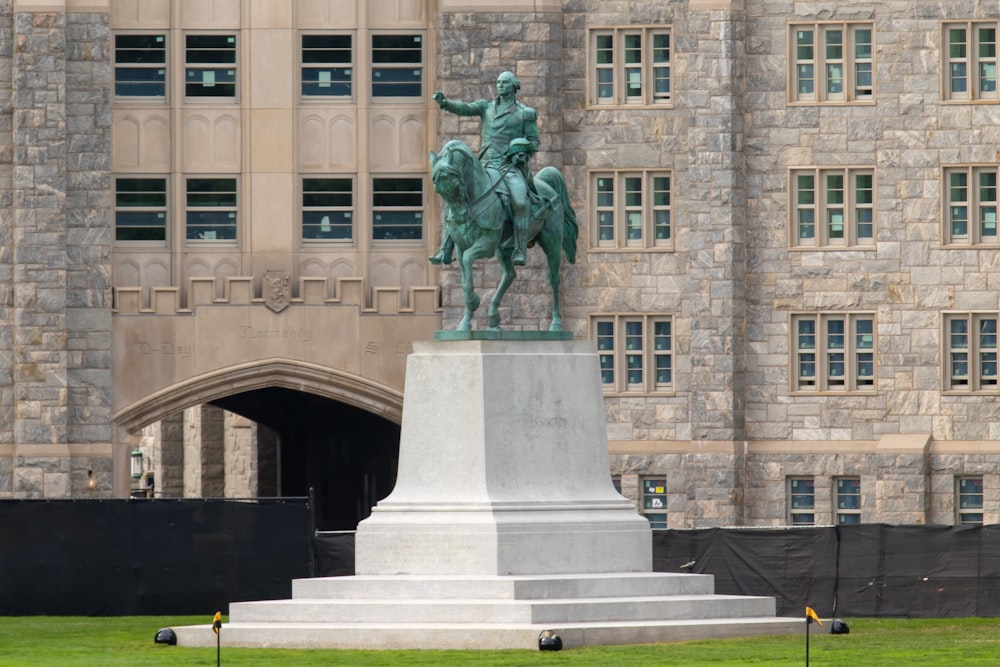According to the U.S. News & World Report, there were just under 3,982 degree-granting universities and colleges in the United States during the 2019-2020 school year. Those vary in prestige, location, enrollment, annual cost, and a host of other factors. Out of those nearly 4,000 schools, only five are run by the federal government. Those five colleges, all military academies, serve one true purpose: to prepare young (mostly) men for service as commissioned officers in the armed forces.
In effect, more so than any other institution of higher learning, these schools, the students, the faculty, the campuses, the curriculum, and every single thing about them are representative of the United States. That’s why they’re so selective in the first place. Since these truths are self-evident, what does it say about America that its most prestigious federal academy, West Point, has the image of a Klu Klux Klan member on a large bronze plaque?
The image is a part of a triptych dedicated to West Point graduates in 1965 and created by Laura Gardin Fraser. Each plaque is 11 feet tall and five feet wide, featuring a number of symbols and dedications to people who shaped America at the time. The New York Times’ piece on the matter mentions a few people included: “Clara Barton, who founded the American Red Cross; Francis Scott Key, who wrote the national anthem; and William Lloyd Garrison, an abolitionist and editor of the antislavery journal The Liberator, who appears directly above the Klan member.”
All of the above are part of the American story, yes. However, let’s not kid ourselves: This is a proud monument of the past, not an unbiased account of history. It puts Klansman on the same footing as an abolitionist, who is on the same footing as the person who wrote the racist and slavery-endorsing national anthem, because Klansmen were soldiers too. It tells you that the ideas Klansmen believe are endorsed by the federal government, as long as they fight for the country. And maybe a part of what the Klu Klux Klan believes in is essential to what America believes in, too.
